According to the U.S. Department of Health and Human Services, approximately 40 percent of U.S. women and 30 percent of U.S. men suffer from insomnia, a condition characterized by difficulty falling or staying asleep.
Lack of sleep can have a wide variety of negative consequences, from daytime drowsiness, irritability and occupational impairment to depression and an increased risk of various health problems (like heart disease, thyroid problems, diabetes, and even some cancers).
The most common treatment for insomnia consists of pharmaceutical drugs such as sedatives, hypnotics and antidepressants. While these medications may work for some, they may carry serious and dangerous side effects.
For example… Ambien side effects include:
* headache
* dizziness
* drowsiness
* difficulty walking
* diarrhea
* constipation
* difficulty walking without an unsteady gait
* flatulence
* shaking of the arms or legs
* appetite changes
* unusual dreams
* dry mouth
* dry throat
* unsteady balance
* heartburn
* tingling in the hands, feet, legs or arms
* pain or burning in the hands, feet, legs or arms
* tingling of the tongue
* burning or redness of the tongue
* ringing in the ears
* tingling in the ears
* itching in the ears
* redness of the eyes
* muscle aches
* joint pain
* back pain
* neck pain
Other side effects of Ambien include:
* difficulty breathing
* difficulty swallowing
* rash
* hives
* swelling of the eyes, lips, tongue, throat or face
* rash
* itching hives
* itching
* throat closing up
* hoarseness
* shortness of breath
* pounding or racing heartbeat
* vomiting
* nausea
* chest pain
* blurred vision
* vision problems
If that list wasn’t bad enough, sleep studies have shown that sleep medications do not allow for the deep type of R.E.M. sleep that is required for the repair and rejuvenation of damaged cells. This is why a prolonged lack of deep R.E.M. sleep can cause various health problems like heart disease, diabetes, and cancer.
The inability to reach a deep R.E.M. sleep also frequently leaves a person not feeling refreshed from a nights sleep (you sleep, but it’s not a restful sleep).
Fortunately, the traditional Chinese medical therapy of acupuncture has shown to provide safe, effective relief without any of the negative side effects.
Acupuncture and Insomnia
A review of the effectiveness of acupuncture as an insomnia treatment was conducted at the University of Pittsburgh and published in the Journal of Advanced Nursing. The researcher reviewed 11 separate experimental studies published between 1975 and 2002.
The Results: every study found that acupuncture treatments significantly improved the symptoms of insomnia.
The researchers found that across all 11 studies, real acupuncture performed better than both placebo and pharmaceutical drugs (including Unisom, Ambien, diazepam and Valium). Acupuncture produced better outcomes in terms of total hours of sleep per night, remaining asleep during the night, and feeling refreshed at the time of waking.
If you (or anyone you know) has trouble with insomnia and would like to know if we could help you with acupuncture... give us a call at 561-369-0808.
